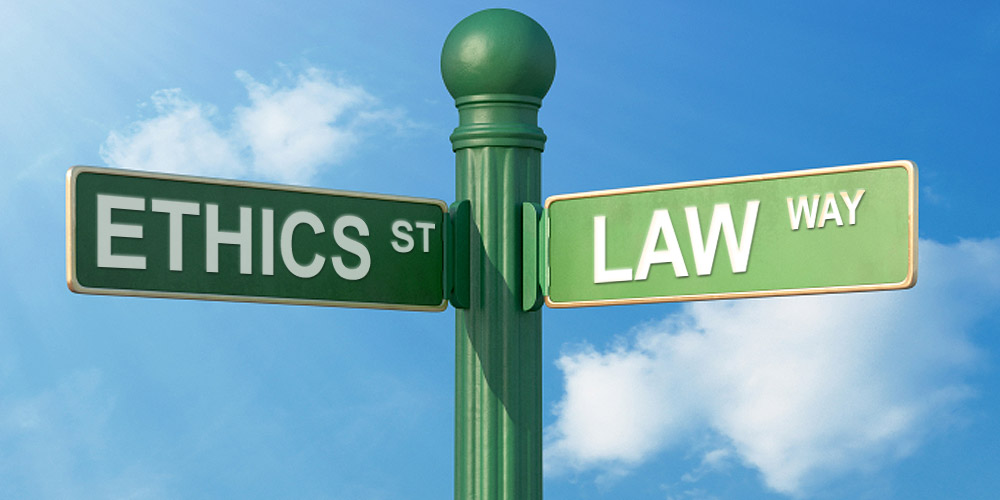If you’ve only seen one piece of artwork from the elusive British street artist Banksy, there’s a good chance it is “Flower Thrower”. Originally appearing on a West Bank, Bethlehem wall in 2005, Pest Control (the official entity that authenticates Banksy’s art) trademarked the image in 2014 without endeavoring to use it in commerce (as required by both American and European Union trademark law).
Full Colour Black, a British greeting card company that often uses Banksy’s images, challenged the trademark in 2019 and requested its cancellation for having been filed in bad faith. Essentially, Full Colour Black’s argument was that it was trademarked without any intention of being used in commerce but, instead, to impede others’ use of the image.
To combat that allegation, Banksy opened a store named Gross Domestic Product, which ironically became his own undoing. By revealing the trademark dispute was his overarching impetus for opening the store, Banksy admitted his bad faith; namely, that the store existed precisely to thwart the use of others (i.e., he did not create the mark for use as a business asset). On September 16, 2020, the European Union Intellectual Property Office (“EUIPO”) invalidated the trademark after finding his efforts to protect it were “inconsistent with honest practices”.
Unlike trademarks, which protect logos and other branding to help consumers distinguish between companies and competitors, copyrights protect original works of authorship without any “commercial use” requirement. Indeed, copyrights are more often associated with protecting artistic works (think books, music, movies, etc.) rather than trademarks. However, the key difference—as far as Banksy is concerned—is that copyright protection would require that he shed his anonymity. Conversely, behind the corporate veil, Pest Control could register Flower Thrower as a trademark for perpetual protection—so long as it was legitimately used. It would appear Banksy’s attempt to circumvent the requirements of copyright law by instead applying for a trademark failed, and his work “copyright is for losers©™” has returned to haunt him.
If you have any questions about what the heck Lindley Law’s trademarked logo is supposed to be or how to register your own branding with the United States Trademark and Patent Office (“USTPO”), please call us at (704) 457-1010 to schedule a consultation. For more information regarding our firm, attorneys, and practice areas, please visit https://lindleylawoffice.com/.



